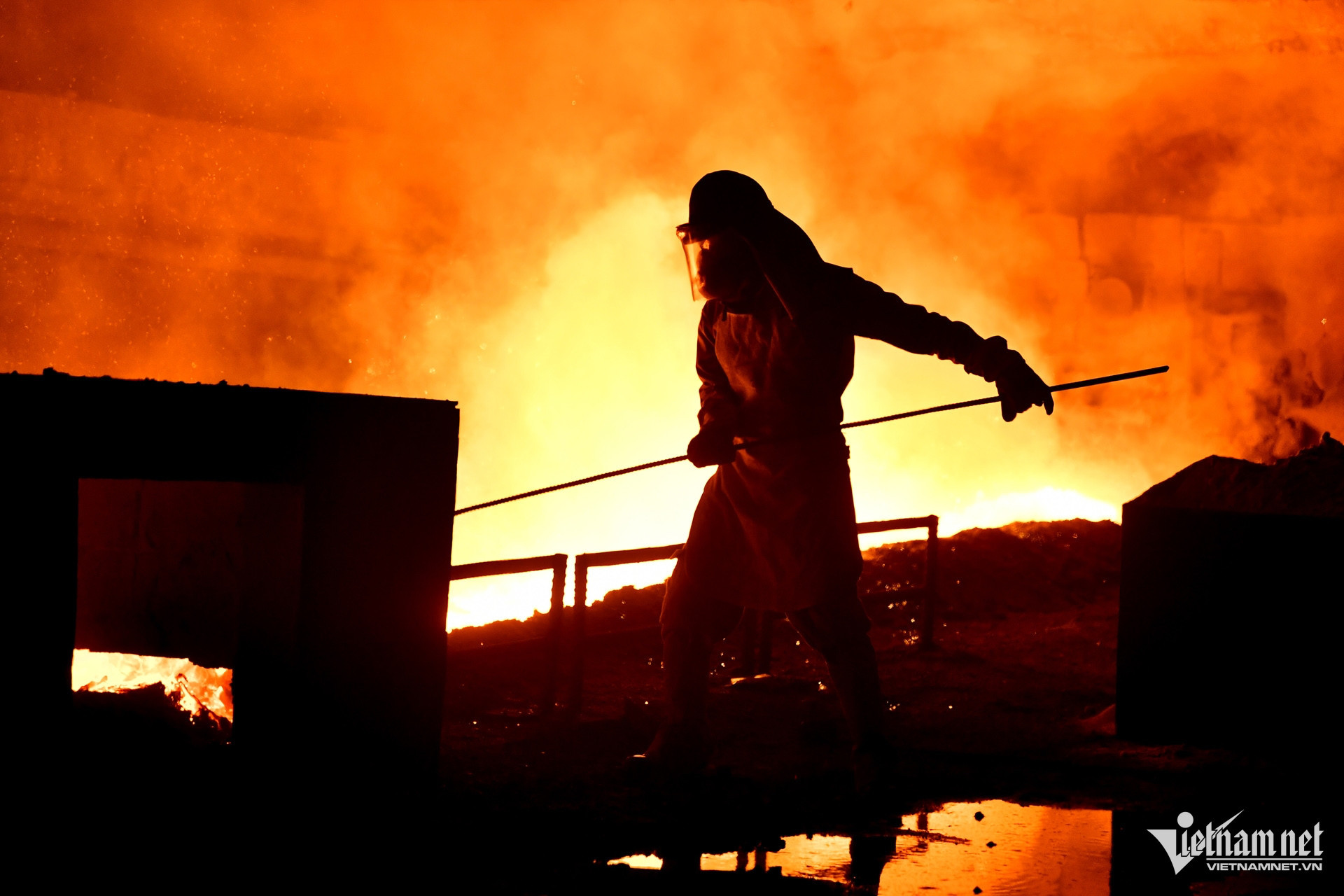The Vietnamese steel industry is currently navigating turbulent waters as it faces the possibility of an anti-dumping investigation by the European Commission (EC) while also contending with an increase in imported steel flooding the domestic market. This situation has raised concerns about the sustainability and competitiveness of Vietnam’s steel sector.
Recently, the Trade Remedies Authority (TRA) under the Ministry of Industry and Trade received information that the EC had obtained a complete and valid dossier requesting an investigation into the alleged dumping of hot-rolled steel coils, both non-alloyed and alloyed, imported from Vietnam. Should the investigation proceed, the EC will provide stakeholders with the necessary documents, including the petition, decision to initiate an investigation, and a questionnaire.
The TRA advises exporters of products under investigation to closely monitor the situation and devise appropriate response strategies.
Impact on the industry
If the investigation is initiated, it could deliver a double blow to Vietnam's hot-rolled steel sector: losing export market share while facing increased domestic competition from imports.
According to Hoa Phat Group, one of Vietnam's largest steel producers, the production of hot-rolled coils (HRC) in the second quarter of 2024 dropped by 10% compared to the first quarter. This decline is attributed to challenges in both domestic consumption and exports.
The influx of low-priced imported hot-rolled steel coils into Vietnam increased sharply in the first half of 2024, reaching 6 million tons - 1.5 times the volume of the same period in 2023. This surge has exerted significant pressure on Hoa Phat’s ability to sell hot-rolled coils domestically. Although HRC prices in Vietnam experienced a brief increase in February 2024, they have continuously declined from March through the end of the second quarter of 2024.
Export markets also pose challenges due to oversupply of hot-rolled steel coils and heightened trade defense measures in importing countries.
The latest report from SSI Securities Corporation highlighted these concerns, noting that the EU has decided to extend import safeguard measures on steel until the end of June 2026. It also imposes a 15% quota on steel imports from "other countries," including Vietnam, amounting to approximately 142,000 tons per quarter. SSI predicts that this policy could reduce Vietnam's HRC export quota to Europe by about 50% compared to 2023. Steel imports exceeding this quota will incur a 25% tariff.
In 2022 and 2023, the European market accounted for approximately 10% and 37% of Hoa Phat’s total export revenue, contributing 2.1% and 10.7% to its overall revenue, respectively.
Protecting the domestic market
Nguyen Thi Minh Thao, Head of the Business Environment and Competitiveness Department at the Central Institute for Economic Management, emphasized the need for safeguard measures to protect domestic industries when they suffer significant harm from imports. These measures, typically short-term, are essential when the domestic steel industry operates below its designed capacity, as is the case now. She advocated for trade defense measures as a means of safeguarding domestic production.
"In the short term, applying safeguard measures is necessary when steel production falls below capacity and market share declines rapidly," Thao noted. "This protects both domestic enterprises and the national manufacturing base."
In the long term, Thao suggested implementing non-tariff barriers based on technical standards to ensure that imported steel meets Vietnamese specifications. These technical barriers can serve as a protective measure in an environment where import duties are being reduced to zero under free trade agreements.
“Furthermore, the upcoming implementation of the European Union's Carbon Border Adjustment Mechanism will impact domestic steel exports. By 2026, exports are likely to decline significantly if they fail to meet carbon criteria,” Thao warned.
As the Vietnamese steel industry faces these challenges, both immediate and long-term strategies are crucial for sustaining its competitiveness and resilience in the global market.
Luong Bang
